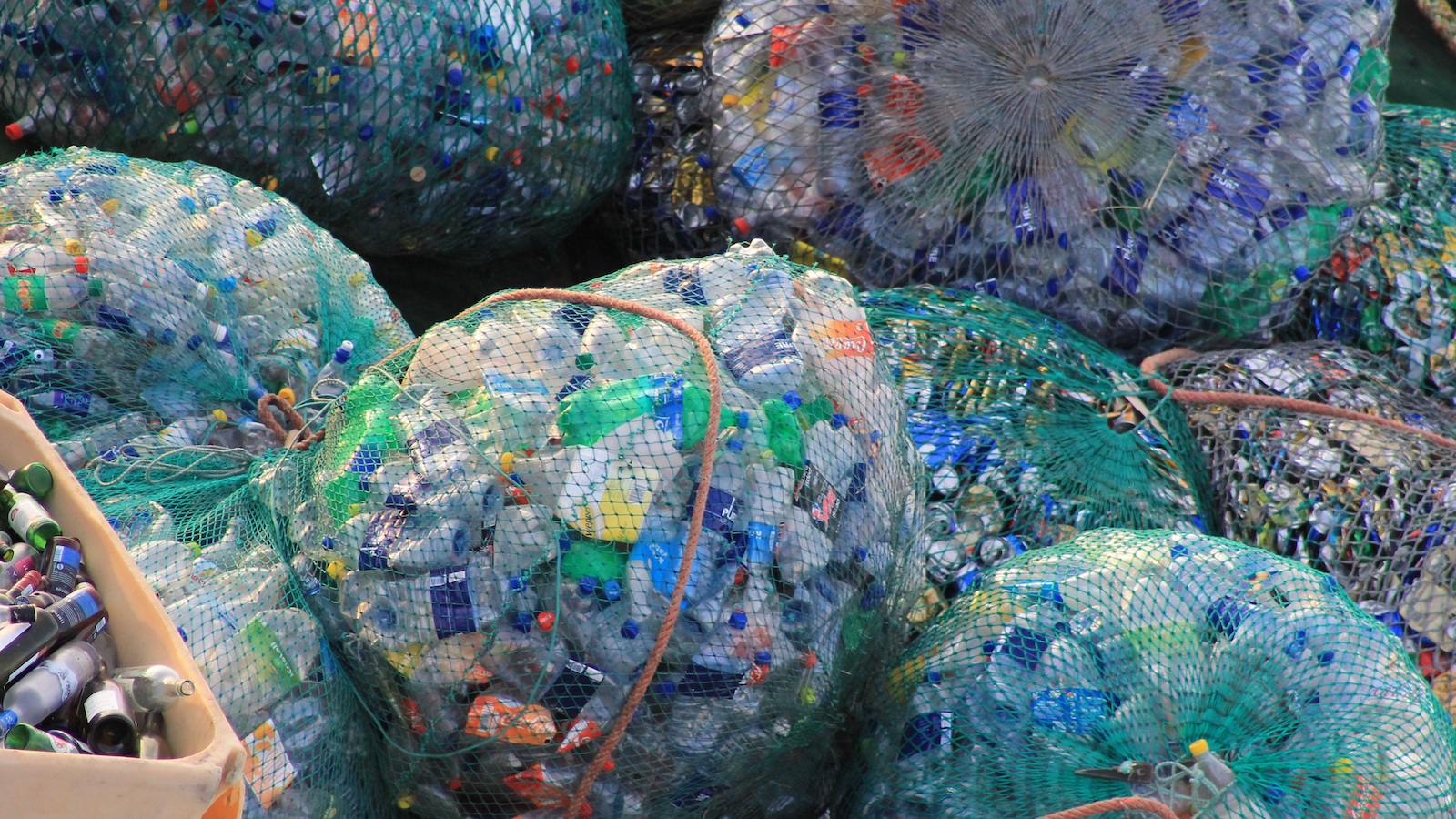
Tell your state representative: Support producer responsibility legislation
A growing number of states are requiring plastics producers to use more sustainable materials and pay to recycle their packaging.
TAKE ACTION
We are drowning in plastic pollution, which litters our neighborhoods, our beaches, and the Chesapeake Bay, where it can harm or even kill birds and marine animals like turtles. Our “Trash in America” report details how this pollution threatens our health, environment and the global climate.
Because the costs of this system fall on society at large – not on the producers and consumers who drive it directly – there are few direct incentives for change.
Communities across the state and country are struggling to support recycling programs while facing an ever-increasing stream of hard-to-recycle waste. One reason packaging pollution is on the rise is because producers are absolved of all responsibility for where their packaging ends up. That leaves taxpayers and local governments to foot the bill for managing the waste.
A growing number of states are working to address these problems by requiring that producers support infrastructure to manage packaging waste, while incentivizing them to make more recyclable products. Our report “Break the Waste Cycle” details how producer responsibility has proven to be an effective approach to reducing waste and improving recycling.
California, Colorado, Maine and Oregon have all passed “Producer Responsibility” laws in recent years, and Maryland is considering joining the pack.
California, Colorado, Maine and Oregon have all passed “Producer Responsibility” laws in recent years, and Maryland is considering joining the pack.
To be clear: Recycling can’t solve our waste problem by itself. That’s why we are advocating for producer responsibility laws that encourage not only more recyclable packaging, but less packaging, period. We must also aggressively enact measures to reduce waste and move away from packaging that causes harm to the planet and public health in its production and disposal.
Maryland has already been a leader on plastic waste reduction, passing the nation’s first ban on foam food packaging and many of our cities and counties have already banned single use plastic bags; but we can do more to reduce plastic packaging and waste.
Environment Maryland helped lead the charge to ban foam food packaging and single use plastic bags.
Now, the Maryland State Legislature has until April to pass a bill to require plastics producers to use more sustainable materials and pay to recycle their packaging and products.
